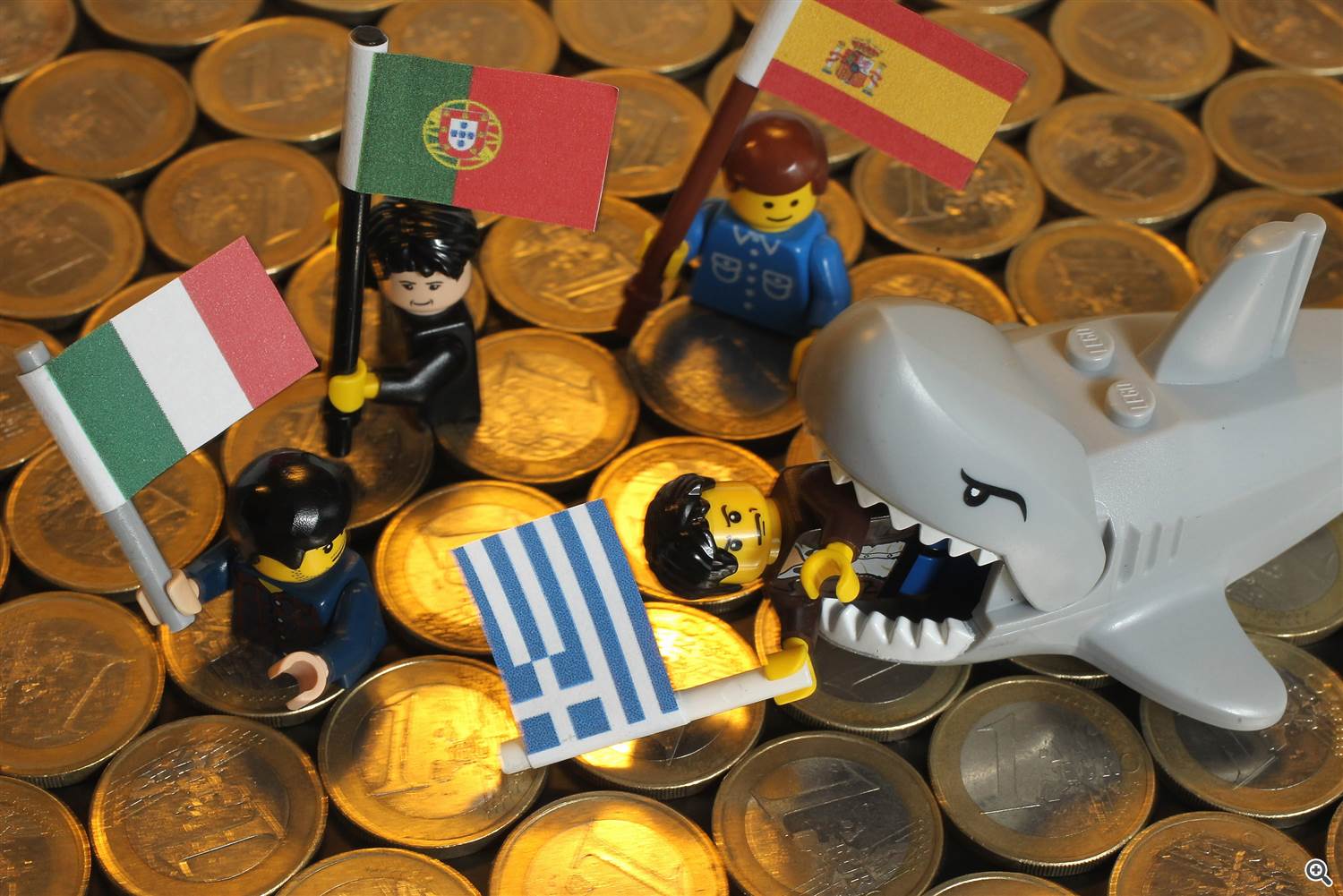
"If you want to use an essentially German currency, you have to be a little German" - View
Why did Greeks fail to stick to austerity in order to fulfill creditors' demands? Why did Ireland and Portugal manage to scrape through? And why is the euro a more "German" currency than "Greek"? Bloomberg View columnist Leonid Bershidsky answers these questions in his extremely interesting piece on Greece, the shared currency and the austerity.
The long-awaited deal concluded between Greece's creditors and the country's PM will eventually be a failure. Nevertheless, it has demonstrated that the euro has a low tolerance for democracy's wilder extremes, Bershidsky says.
Alexis Tsipras came to power last January on a basis of the Thessaloniki Program which spoke of a necessity to remove all Greek debts as creditors did for Germany in 1953. It also blamed Tsipras's predecessor Antonis Samaras for being too obedient:
"We are ready to negotiate and we are working towards building the broadest possible alliances in Europe. The present Samaras government is once again ready to accept the decisions of the creditors. The only alliance which it cares to build is with the German government."
Ironically, Greece will now be under outside supervision as tight as that which Germany was forced to accept after it lost World War II.
Responsibility is what the Greek government lacks. If Greece had to be under tight supervision for a few decades - what Germany already went through - it would come back being a more modern and responsible nation. However, Greeks cannot feel the shame Germany did after the fall of the Third Reich - which eventually made Germany as it is today: having extreme tax discipline (tax dodging in Germany is not just a crime - it causes genuine moral outrage) and a rule-based approach to government and economic life.
Indeed, the euro is a direct successor of the Deutsche mark. Before the monetary union was created, Germany's currency had had far more global weight than those of the other members, and Germany's exit would destroy the euro immediately, while it could survive the exit of any other member, probably even France. If you want to use an essentially German currency, you have to be a little German.
Those countries which wanted to keep the euro had to make an effort to get closer to a real "Germanness".

Ireland, Spain and Portugal managed to bear the pain of their bailouts and emerged economically stronger. Their political landscapes also resemble Germany: The center left and the center right, increasingly indistinguishable from one another, alternate in power or even share it, and the extreme right and extreme left are marginalized.
In Greece the victory was taken by the left - which is a completely un-German sign. The disaster was reflected economically.
It is a reminder for all European nations: the euro does not do political diversity.
If you want to enjoy the trade, convenience and interest-rate benefits of the common currency, you cannot afford to elect the far left and far right. If Podemos wins in Spain, or if the Finns Party triumphs in Finland, they will need to take their countries out of the euro area to escape Greece's fate, says Bershidsky.


